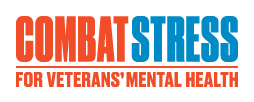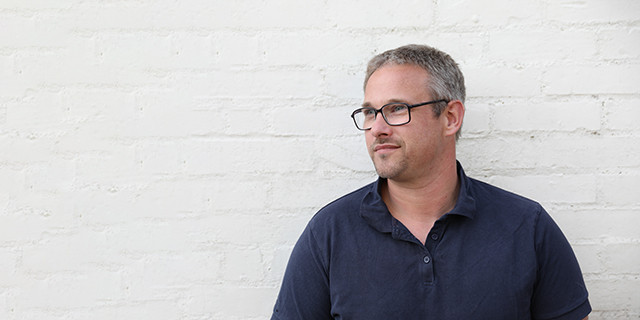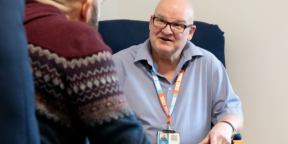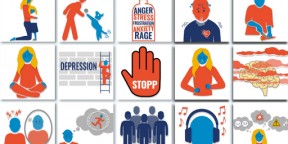Mental Health Awareness Week
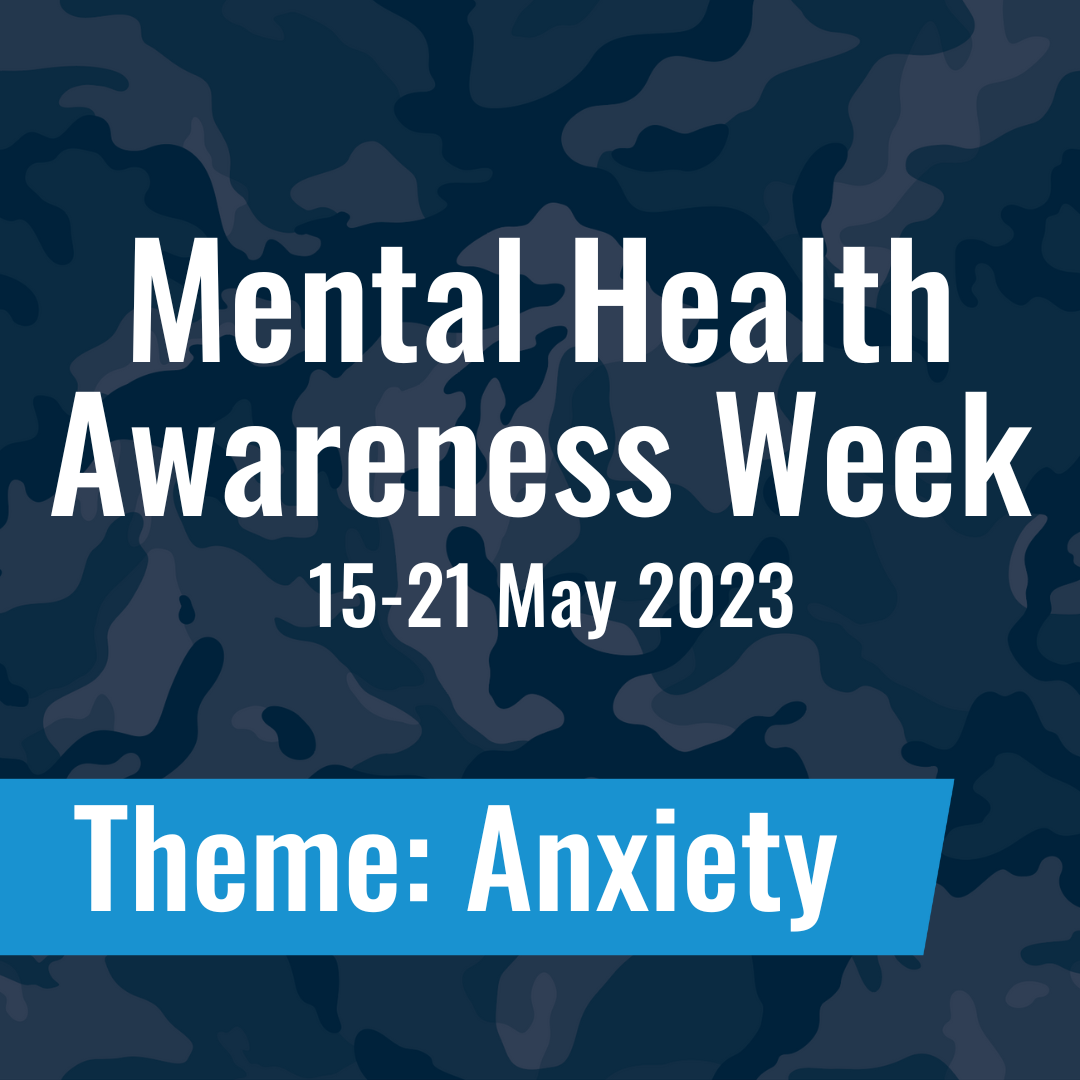
This year for Mental Health Awareness Week (15 - 21 May) the theme is ‘anxiety’.
We know anxiety can affect many veterans and civilians for a variety of reasons.
It’s important that if you’re feeling anxious you seek support.
The following page has been put together by our expert clinicians to support veterans with feelings of anxiety.
What is anxiety?
Anxiety is a completely normal and adaptive emotion that helps to keep us safe and stay alert in response to stressful and dangerous situations. When we perceive something as threatening, the mind and body goes into high alert. You may know this as the fight, flight, freeze response.
From an evolutionary perspective, the fight, flight, freeze response prepares us to either tackle the threat or run away from it. For example, if a caveman was confronted with a tiger, he would feel fear and his body would react by either fighting it, running away, or freezing. The freeze response is a ‘last resort’ survival mechanism in which our brain and body shut down to cope. We don’t choose to have these responses; they are automatic and unconscious.
However, when this alert response starts to profoundly impact someone’s life, this is when anxiety can become a problem. This may include unwanted feelings of adrenaline, feeling jittery and on edge, struggling to feel relaxed or calm and avoiding things because of how they make you feel.
What causes anxiety?
Experiencing anxiety is completely normal and helps us to adapt to our environment and is important for our survival.
For veterans who have experienced a great deal of threat to their physical safety, they can remain in high alert states even when the environment is safe.
In the military, you would have been trained to be prepared for danger by channelling fear into action and to fight. In threatening environments, being ‘switched off’ and not alert could have resulted in serious injuries or even death, so staying in high alert would have saved lives.
Therefore, it's understandable in civilian life if you remain in a high alert state and continue to scan for signs of threat, even though the threat level is not the same. This sensitive and over-stimulated threat response can impact both physical and mental health.
How to overcome anxiety
- Regulate your breathing- this can reverse the effects of the threat response. Breathe in slowly and gently through your nose for a count of four, hold for a moment then breathe out through your mouth for a slightly longer breath of six seconds. Practice this daily when you are in a calm state so that you are ready to use it when you need to.
- Get the basics right: reduce alcohol and coffee intake, drink plenty of water, improve sleep hygiene, exercise regularly
- You may find activities such as meditation, yoga or pilates help you to feel more relaxed.
- Learn to self-soothe by lighting a candle, listening to soothing music, applying deep pressure to your body
- Try to face the situations you avoid because they cause you anxiety. Start with those that cause you the least amount of anxiety and repeatedly face this situation- you can also use other techniques to make sure you don’t escape, such as breathing techniques. Eventually, you will see your anxiety levels start to drop. Once you face this situation with significantly reduced anxiety, you can move onto the next situation in your list.
- Use some creative strategies such as art, creative writing or music to help relax you.
If you’re a veteran, or family member, affected by complex mental health problems including anxiety, PTSD, or depression help is available.
Our specialist clinical team, alongside veterans, has created a range of self-guided mental health resources, available on our website. The guides are confidential, can be completed at home and in your own time, and are free to use. This includes a dedicated guide on managing anxiety. Visit selfhelp.combatstress.org.uk
You can also call our 24-hour Helpline, free, on 0800 138 1619. Alternatively, you can email our Helpline team at helpline@combatstress.org.uk or text them on 07537 173 683 (standard text charges may apply).
